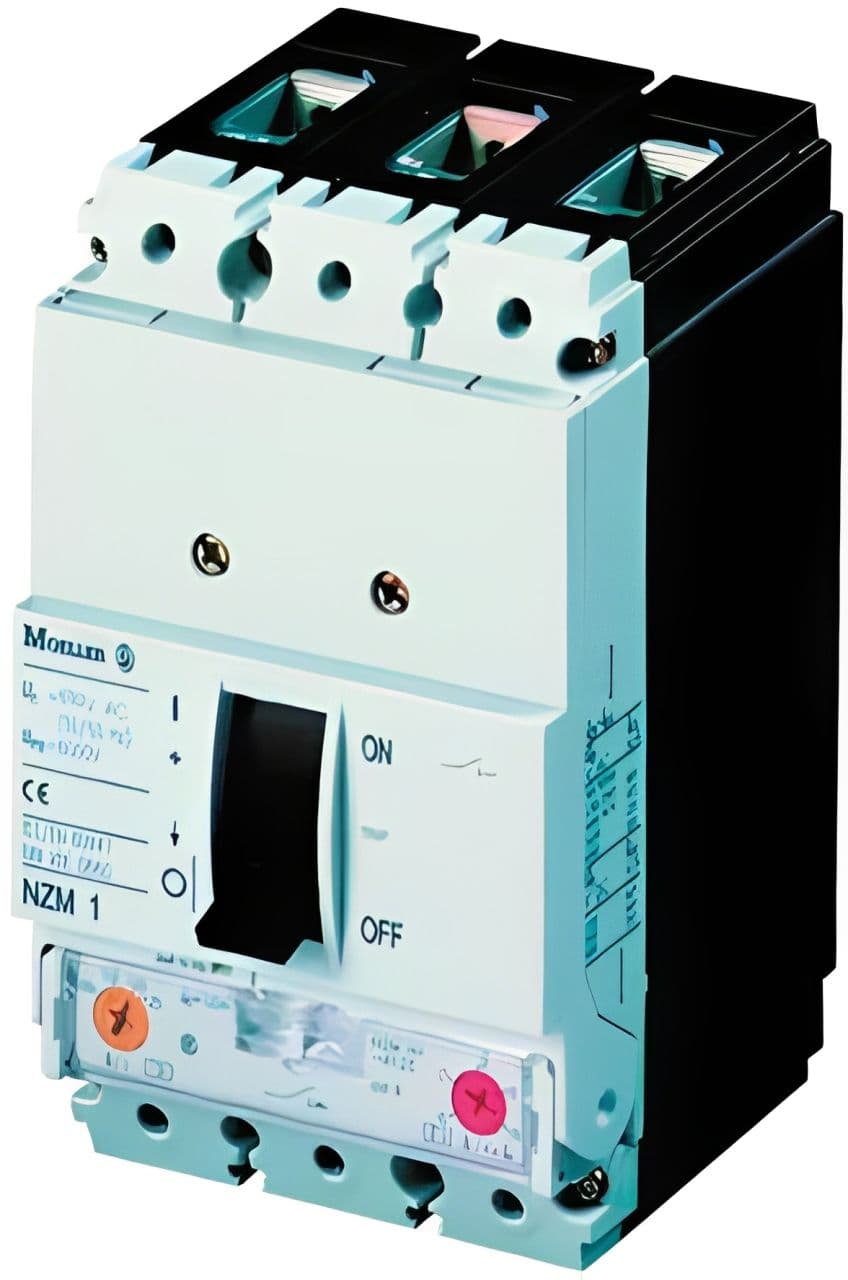
What Are MCCBs? Understanding Their Critical Role in Modern Electrical Systems
Introduction: Why Should You Care About MCCBs?
Molded Case Circuit Breakers (MCCBs) are fundamental components in modern electrical systems, providing reliable protection against electrical faults and overloads. This blog post delves into the intricacies of MCCBs, exploring their design, functionality, and the various applications they serve in both industrial and commercial settings. Understanding the importance of MCCBs will help you appreciate their role in safeguarding electrical infrastructure and maintaining operational continuity.
What Are MCCBs?
MCCBs are advanced circuit protection devices designed to protect electrical circuits from damage caused by excess current, which can result from an overload or short circuit. Their robust construction allows them to handle higher current loads and fault conditions compared to standard circuit breakers. Here’s what sets MCCBs apart:
Adjustable Trip Settings: Unlike fixed trip circuit breakers, MCCBs allow for adjustable trip currents, which provide flexibility in various applications.
High Current Ratings: MCCBs can handle currents up to 2500 Amperes, making them suitable for high-capacity systems.
Thermal-Magnetic Protection: Most MCCBs utilise a combination of thermal and magnetic trip mechanisms to protect against both overload and short-circuit conditions.
Key Features of MCCBs
MCCBs come equipped with several key features that enhance their functionality and reliability in protecting electrical circuits:
Compact Design: MCCBs are designed to be compact, saving valuable space in electrical panels.
Ease of Installation: Their modular design allows for easy installation and maintenance.
Diverse Range of Accessories: From shunt trips to auxiliary contacts, MCCBs can be fitted with a variety of accessories to meet specific needs.
Applications of MCCBs
MCCBs serve a wide range of applications across various industries, highlighting their versatility and importance:
Industrial Applications: In industries where machinery requires high power, MCCBs provide the necessary protection against potential electrical hazards.
Commercial Buildings: They are used in commercial settings like shopping centres and office buildings, ensuring safety and compliance with electrical standards.
Data Centers: MCCBs play a crucial role in data centres by protecting sensitive electronic equipment from electrical disturbances.
Selection Criteria for MCCBs
Choosing the right MCCB involves several considerations to ensure it meets the specific needs of your electrical system:
Current Rating: The current rating should match or exceed the maximum current load of the circuit.
Tripping Characteristics: Select MCCBs with tripping characteristics that are suitable for the type of load (resistive, inductive) and the environment.
Certifications: Ensure the MCCB meets relevant standards and certifications for safety and performance.
Installation Tips for MCCBs
Proper installation is crucial for the effective operation of MCCBs. Here are some tips to ensure optimal performance:
Follow Manufacturer Guidelines: Always adhere to the manufacturer's installation instructions.
Regular Maintenance: Schedule regular maintenance checks to ensure MCCBs are functioning correctly and safely.
Use Professional Services: For installation and maintenance, employ the services of a certified electrician.
Conclusion: Ensuring Safety and Efficiency with MCCBs
MCCBs are indispensable in modern electrical systems, offering enhanced protection, reliability, and efficiency. Their ability to handle high current ratings and their flexibility in trip settings make them an ideal choice for a wide range of applications. By understanding the features and benefits of MCCBs, you can make informed decisions to improve the safety and operational efficiency of your electrical installations.
Appreciate the creator